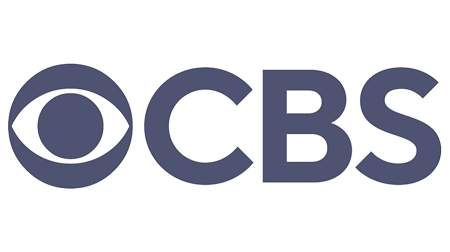A strong start wasn’t enough to prevent the major U.S. stock indexes from falling for the third week in a row, resulting in declines of around 2% to 4%. The market had been on track for a positive week until Thursday morning, when stocks began a steep descent that extended into Friday amid further signs of tightening monetary policy. With its heavy weighting in technology stocks, the NASDAQ trailed the S&P 500 and the Dow by wide margins for the third consecutive week. Since a recent market peak on March 29, the NASDAQ has tumbled more than 12%, versus roughly 8% for the S&P 500 and 4% for the Dow. Disney was in the news a lot this week. I have broken down this week’s news makers using iconic Disney villains.

Elon Musk – Shere Khan, The Jungle Book
Musk made a lot of news this week. Musk, like Shere Khan has amassed a powerful position amongst his peers using a similar blend of charm and killer instinct. Tesla reported earnings and posted record profits once. Musk believes the company can continue to grow at its current 50% annual rate for the foreseeable future he said for “basically several of the next years”. More importantly for the market as whole he stated Tesla has been able to overcome several of the supply chain issues that have been dogging the auto industry. Musk wasn’t just in the news for Tesla he showed that killer instinct on Thursday as it was revealed he is readying to strike on Twitter. He updated a filing to show he received commitments for $46.5 billion to help finance the buyout of Twitter.

Netflix & Disney – Gaston, Beauty & The Beast
Both Disney and Netflix hit fresh 52 week lows this week. Like Gaston, both companies suffered from an overinflated sense of self and little regard for their foes. Netflix lost over 35% of its value. The company overestimated its pricing power and underestimated its competitors for streaming market share. It was the first time in around 10 years, the company lost subscribers. It lost around 200,000 subscribers total, despite overconfident internal projections that called for a gain of 2.5 million subscribers. It seems people aren’t willing to pay more for Netflix which is why the company is now forced to offer a lower cost service with ads and crackdown on password sharing.
Disney decided to tangle with the Florida government publicly opposing a controversial state law and now is faced with losing the special privileges it has long enjoyed. Disney underestimated their leverage within the state of Florida and as a result the Magic Kingdom is losing its sovereignty. The Florida legislature passed a bill which targeted Disney. The bill eliminates independent special tax districts created before 1968 including the Reedy Creek Improvement District (1967), which effectively allows Walt Disney World to govern itself.

The Federal Reserve – Ursula, The Little Mermaid
The Federal Reserve, like Ursula deploying her scary evil-eyed eels Flotsam and Jetsam, is spooking the markets as they are deploying their two most powerful tools, balance sheet reduction and rate hikes to fight inflation. It’s looking increasingly likely that the U.S. Federal Reserve will accelerate the pace of its interest-rate increases, based on public comments Thursday from Jerome Powell. The Fed chair said the central bank is likely to raise its benchmark rate by a half percentage point at its meeting on May 4. It’s more typical for the Fed to raise rates by a quarter point at a time, as it did in its March meeting.
What’s it all mean?
March has been the only positive month so far this year. It is natural when the market is dropping to feel nervous and want to move out. However, times of fear tend to be the best buying opportunities especially when the move lower is not based on fundamentals. There is nothing fundamentally wrong with the market or economy. Earnings season is now about 20% completed. The proportion of S&P 500 companies that had beaten analysts’ net income expectations stood at 79% as of Friday. That beat rate continues to be above the 77% five-year average. The economy will continue to expand. Even with the headwind of higher interest rates. The economy likely won’t grow as fast as the 6% growth in 2021 but it’s still growing. Consumers remain strong. They are armed with more than $2 trillion in accumulated savings. Wage growth is running above 5%. Consumers typically earn more than they spend. Even if inflation stays high, increased income will offset it without most households needing to borrow. The numbers bear that out. Household debt-servicing costs vs disposable income remain historically low near 9%, compared with 12% in the mid-1980s and 13% in the mid-2000s.
My calendar link is below. If you haven’t scheduled a review or you just want to have a quick call to discuss your investments please use the link and schedule a time.





